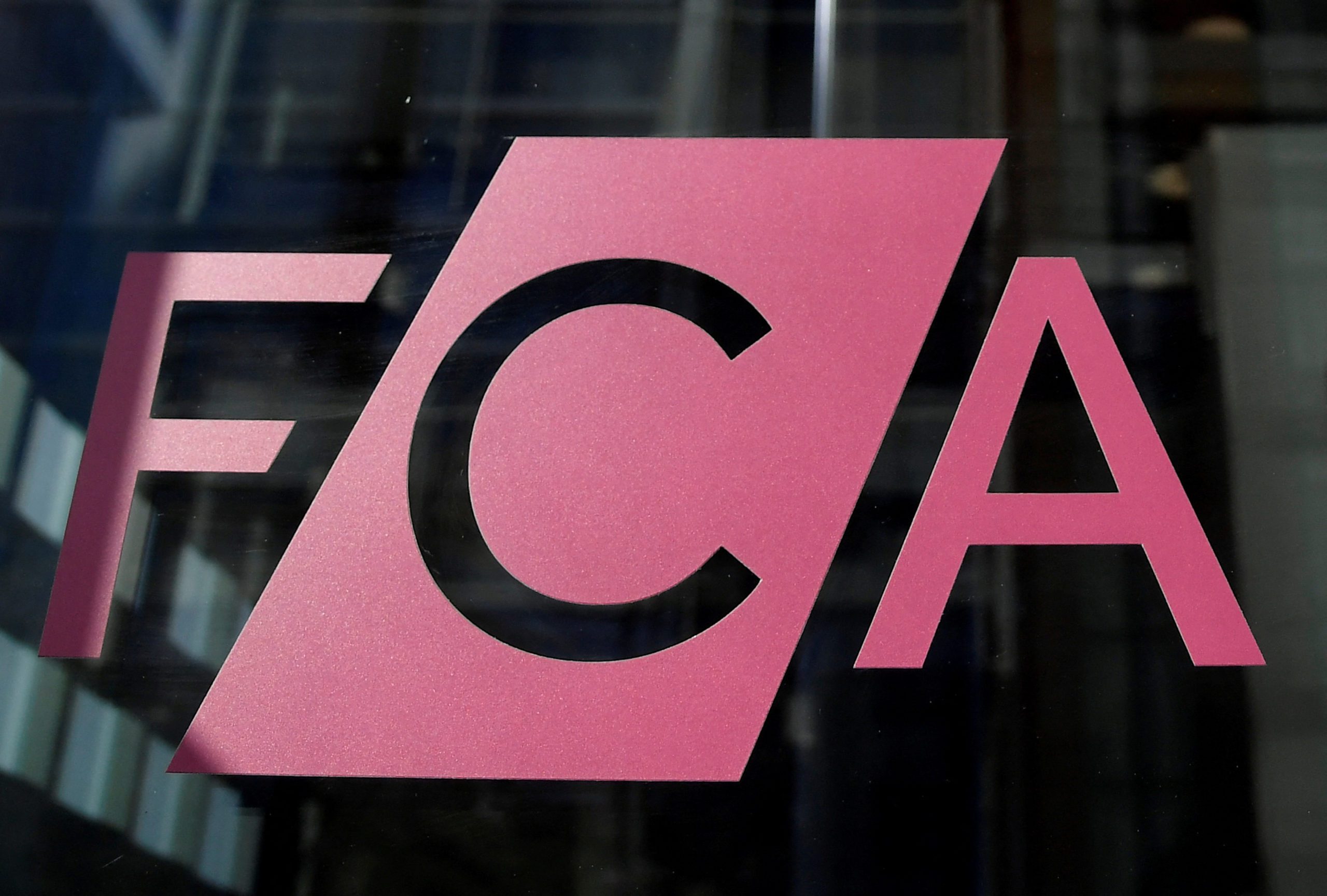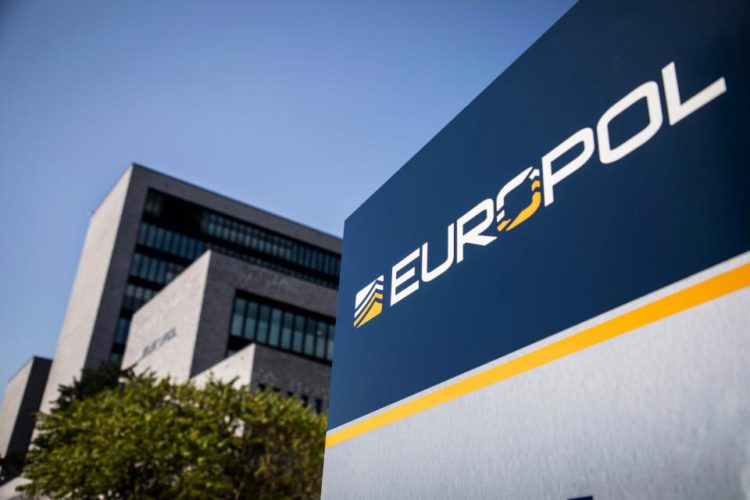By Elizabeth Hearst for AMLi
Cryptocurrency exchange Binance has hit the headlines in recent months following a slew of controversies.
Last May it was reported that Binance Holdings Ltd was under investigation by the US Justice Department and the US Internal Revenue Service, after a report emerged that showed more illicit funds linked to criminals passed through Binance than its competitors.
In June, Binance was banned from undertaking “any regulated activity in the UK” by the Financial Conduct Authority. The FCA said the crypto exchange was “not capable” of properly supervising Binance, despite the “significant risk” its products pose.
Less than two months later and Binance was in hot water again. This time in the Netherlands, after the Dutch Central Bank warned it was “operating illegally” in the country.
It seems 2021 wasn’t a great year for Binance CEO Changpeng Zhao, who revealed the “decentralised” company was on the hunt for a global HQ. Both Dublin and Paris have been touted as locations, but Mr. Zhao remains tight-lipped about future plans.
Binance has since committed to bulking up its AML & Compliance regimes and has gone on a hiring spree to bolster its compliance roles. In August it was announced the company had hired former US government criminal investigator Greg Monahan to firm up the company’s AML regime.
The company has set off like a rocket in recent months, posting numerous job advertisements in its regulatory and compliance divisions, something that the CEO said was a “top priority”.
One investigative journalist wanted to see just how serious Binance was about hiring the best in the business.
Reporter Harry Clynch found a job opening for a “Senior Regulatory Advisor” based in London, with job requirements including “at least ten years of regulatory experience in financial institutions” and “experience applying for and acquiring EU derivatives licences”.
Clynch, an investigative journalist at Disruption Banking said he was “keen to investigate how serious Binance really is about cleaning up its act, and how robust their regulatory recruitment processes are”.
“I decided to apply for the role under a fake name and with false credentials. Especially because of how senior the role was, and because of the attention this area of the company has been receiving, I assumed I would probably fall at (or before) the first hurdle,” said Clynch.
He revealed he devised a fake CV and LinkedIn page under the name of “Daniel Somerset”, who was a “distinguished Cambridge Law graduate, who had risen through the ranks in anti-money laundering departments of various leading banks before seeing the crypto-light”.
“Currently in a senior regulatory position at Coinbase,” Daniel apparently had all of the skills and experience Binance was seeking for such a senior position.
The only problem was, “it was all a lie,” says Clynch, Moreover he had neither the “evidence nor the knowledge to back any of these claims up.”
However, much to his surprise (and four interviews later), Harry/Daniel was offered the senior role at Binance.
The base salary was £160,000 per year, and he was also entitled to a sign-on bonus payment of £60,000 worth of Binance Coin (BNB) after six months’ service. He was also eligible for the company’s discretionary bonus scheme.
In a statement, Binance said that “all roles at Binance are offered on a conditional basis and are contingent on meeting thorough background checks to verify experience after an offer is accepted. This candidate falsified his background and work experience.
“While he was offered a position, like any other company, after signing he would have had to pass our background check which is conducted by an independent third-party. His fraudulent statements and falsified work history would have been easily flagged,” the company added.
As the saying goes, nothing like due diligence – particularly in a compliance role!
Share this on:
Follow us on:








